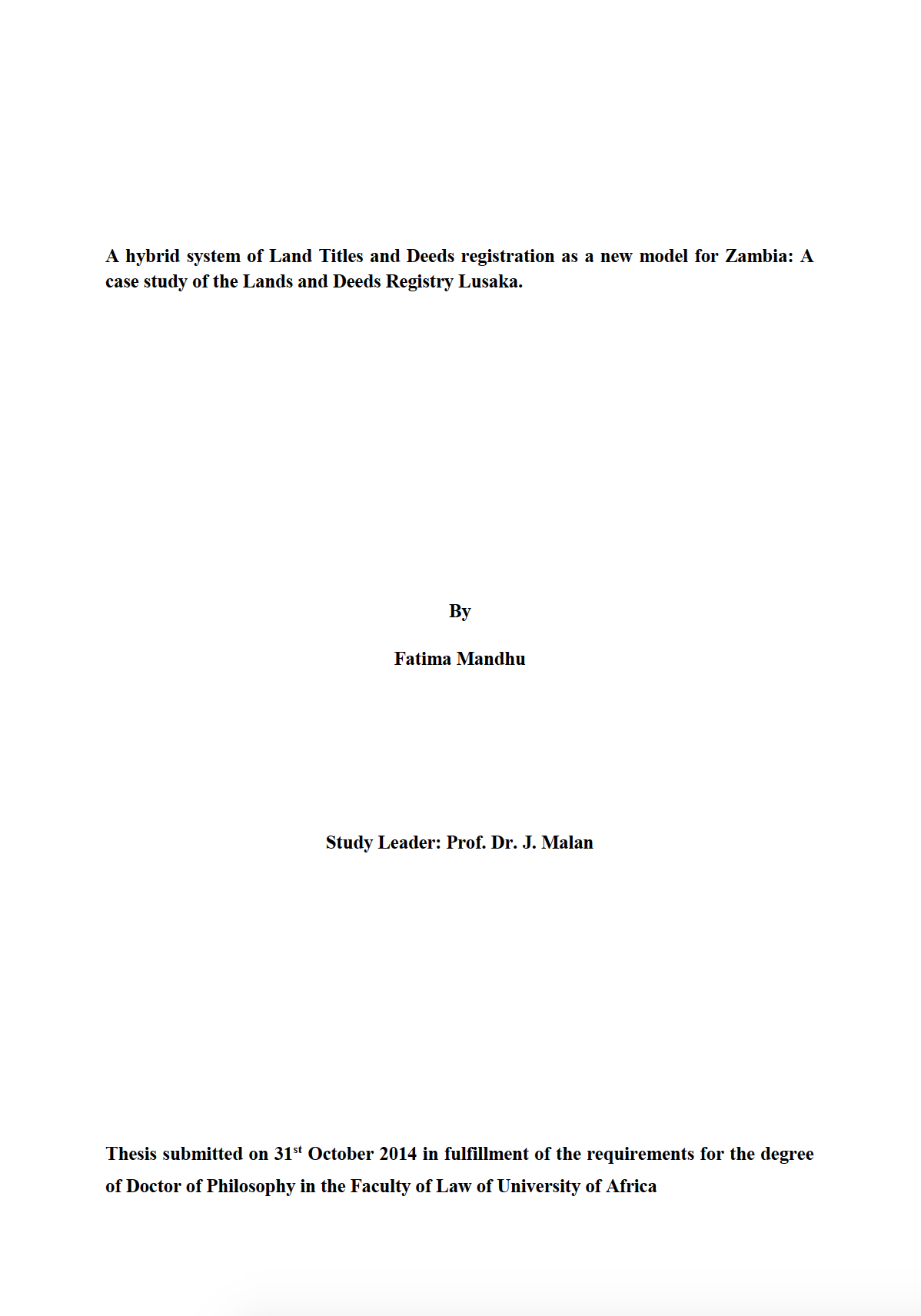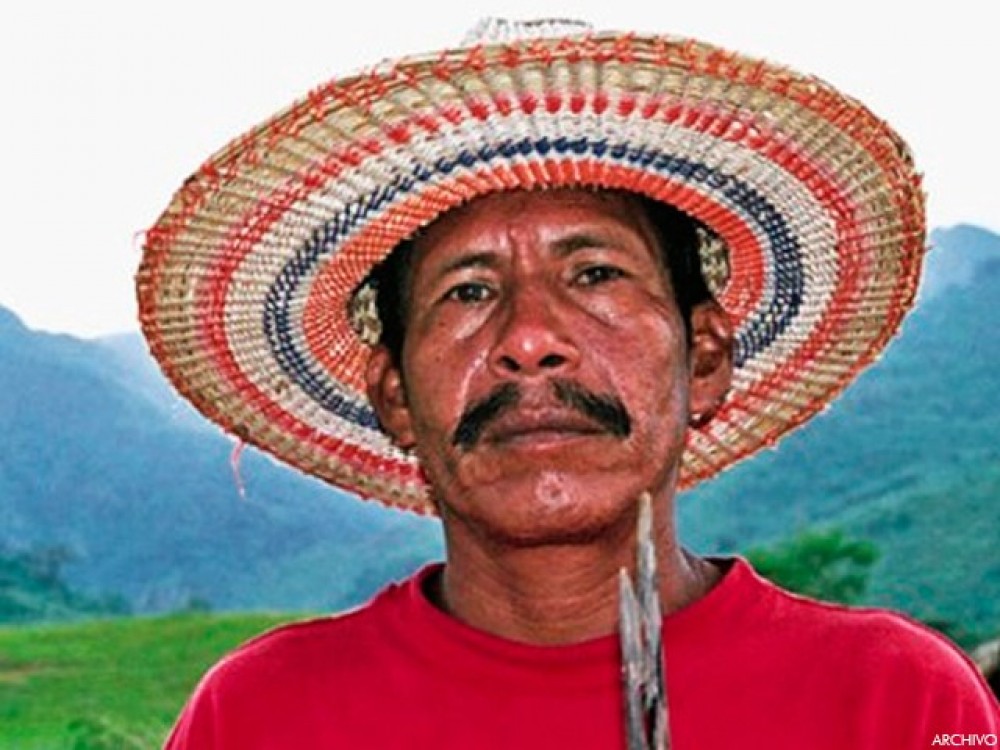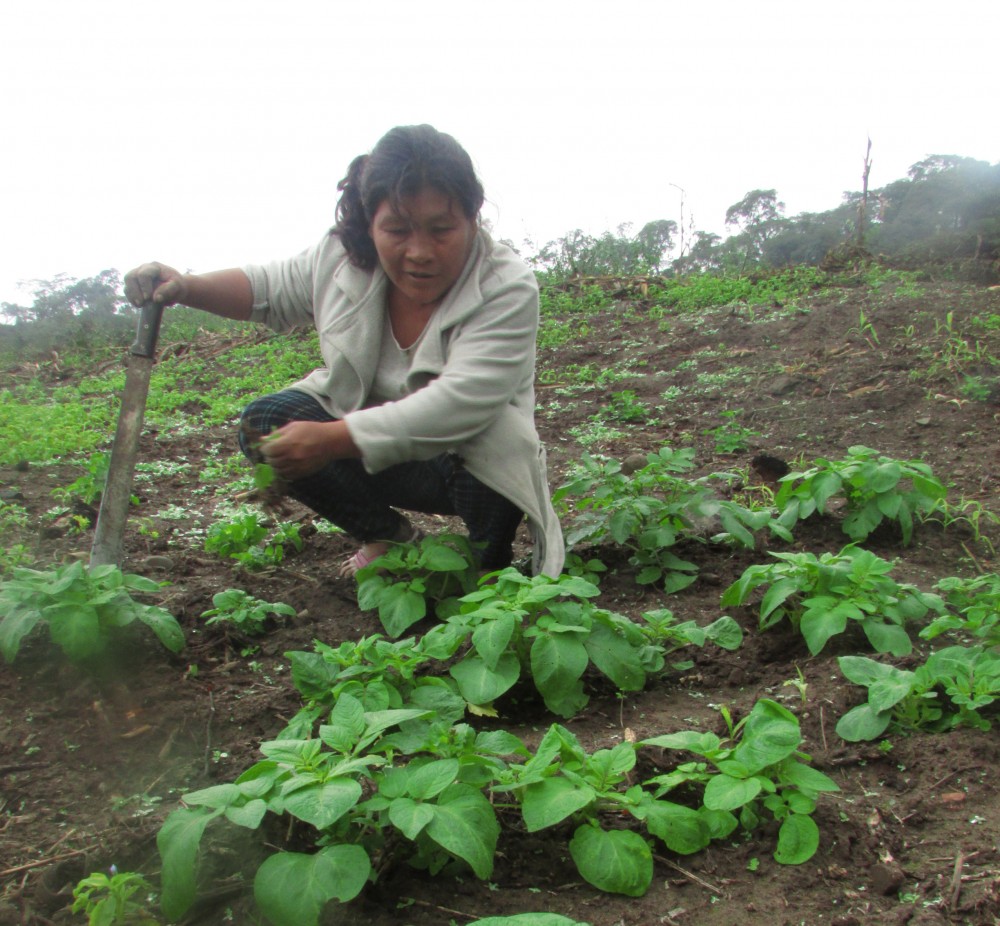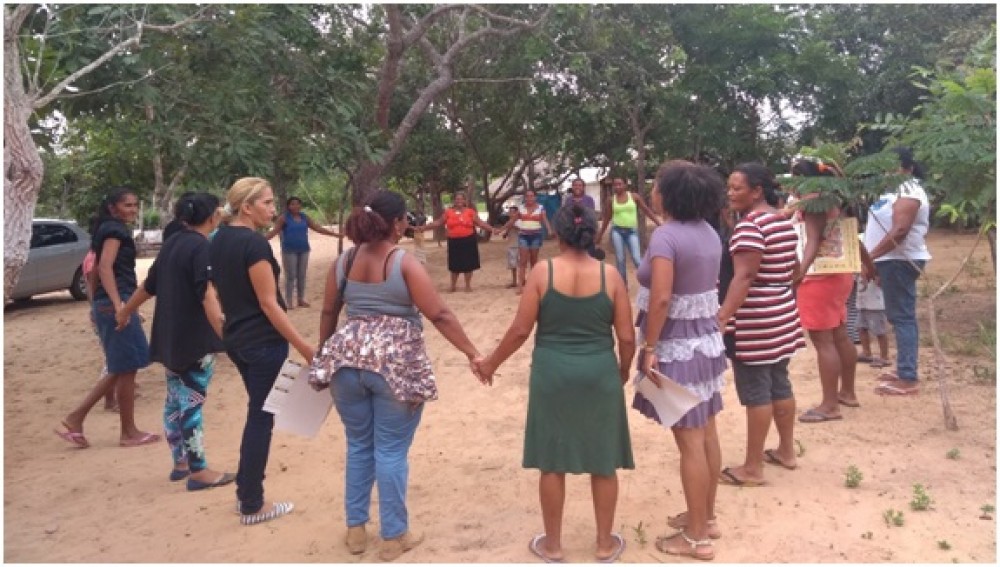Thailand's Forest Regulatory Framework in Relation to the Rights and Livelihoods of Forest Dependent People
ABSTRACTED FROM CHAPTER INTRODUCTION: This paper was originally commissioned by IGES to review the Community Forest Act, 2007 “from a rights perspective” and to assess its impacts (or at least its predicted impacts) on livelihoods. However, the task has been a moving target. While ratification was pending the focus shifted towards assessing the potential impacts of the “Act” on the assumption that it would be passed. Now, as there seems little chance that community forestry legislation will be resurrected in the foreseeable future, the focus has again shifted.





